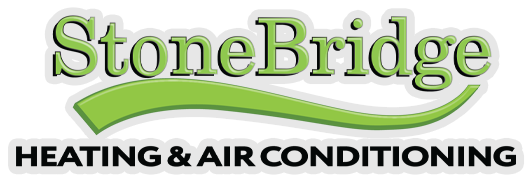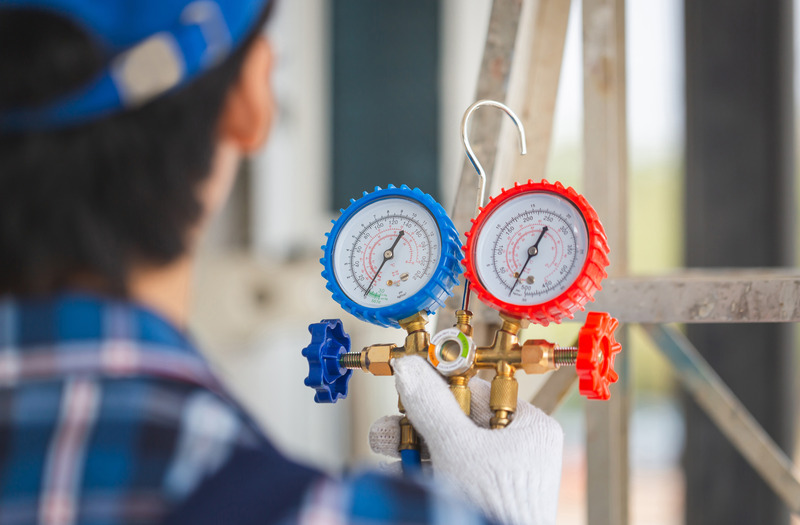Terms like “positive pressure” and “negative pressure” are frequently used in the context of air conditioning systems, leaving householders perplexed as to what they mean. For the best possible operation of a heating and cooling system, it is especially important to comprehend the notion of negative pressure. Here at Stonebridge Heating and Air, we aim to clarify the meaning of negative pressure in air conditioning, as well as its consequences and relationship to cooling repair and upkeep.
Understanding Negative Pressure:
When there is less pressure inside a space than there is outside, it is referred to as negative pressure. Negative pressure in the context of air conditioning systems can happen when there is less airflow entering a room or building than leaving it. This mismatch can cause many problems that impact comfort and energy efficiency.
Implications of Negative Pressure:
Decreased Indoor Air Quality: Unintentional breaches, cracks, or openings may allow outside air to enter a structure due to negative pressure. This inflow of unfiltered air has the potential to worsen indoor air quality and pose a health risk by introducing pollutants, allergens, and toxins.
Strain on Heating and Cooling System: Negative pressure can put undue stress on the heating and cooling system, especially the air conditioner. The system may have to work more to maintain the proper temperature when there is inadequate ventilation, which could result in more wear and tear. This pressure may lead to more frequent malfunctions and the requirement for cooling maintenance.
Uneven Cooling: The home may experience inconsistent cooling as a result of negative pressure. The areas that are most remote from the return air vents may not receive enough airflow, which leads to inadequate cooling. This inconsistency can create discomfort and dissatisfaction among occupants.
Identifying Negative Pressure:
Several signs indicate the presence of negative pressure in a building:
- Cold drafts near doors and windows.
- Difficulty closing doors due to pressure differentials.
- Excessive dust accumulation in certain areas.
- Inconsistent cooling performance, with some rooms feeling warmer than others.
- Unusual odors, indicating infiltration of outdoor air.
The energy efficiency, comfort, and quality of indoor air can all be significantly impacted by negative pressure in air conditioning systems. Maintaining a pleasant and healthy interior environment requires an understanding of the sources and effects of negative pressure. In Tyler, Texas, we at Stonebridge Heating and Air provide thorough cooling repair and maintenance services to take care of negative pressure problems and guarantee peak system efficiency. Make an appointment for a service with us right now to see the impact of our knowledge on maintaining balanced airflow and effective cooling.



